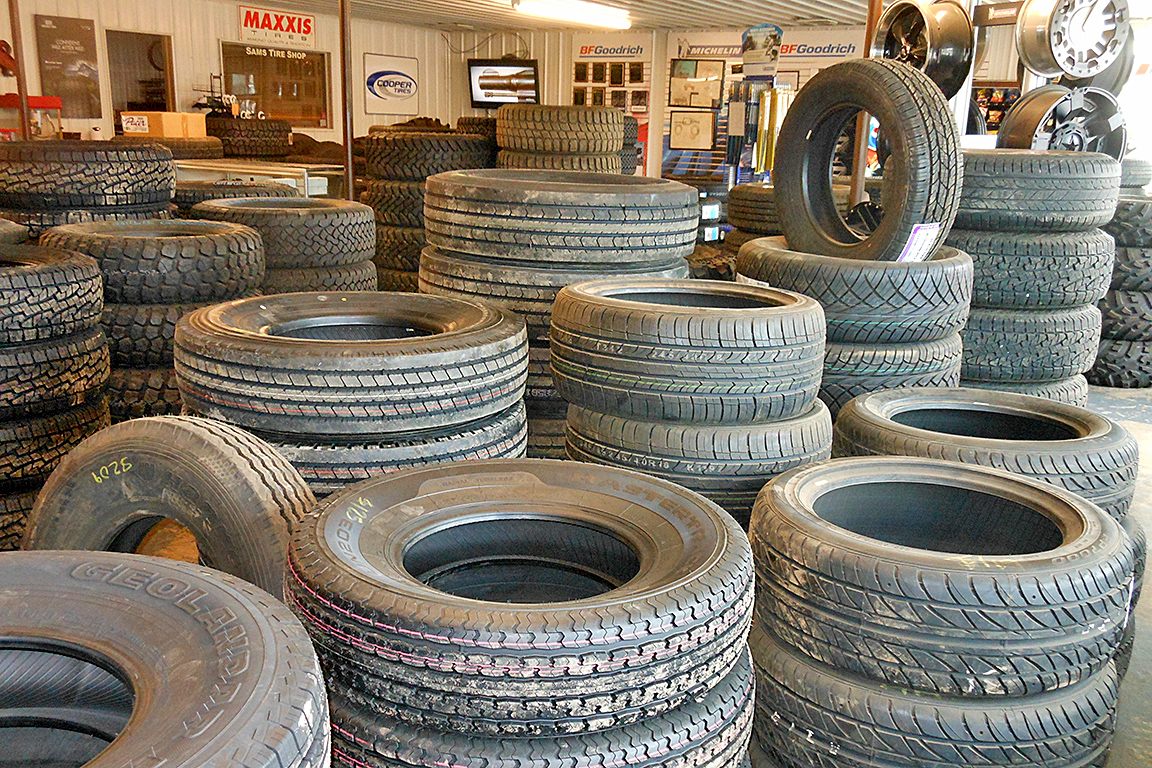Tire Replacement: Just How to Pick the Best Tires for Your Demands
When it comes to tire substitute, choosing the most ideal tires for your automobile can be a critical choice. The large range of alternatives available on the marketplace can usually leave car owners feeling overloaded. Variables such as tire kinds, sizes, seasonal demands, and performance capabilities all play a vital duty in determining the perfect option. Making an educated choice based on these considerations can not just enhance your driving experience but likewise guarantee security when driving. Let's explore just how each of these elements affects the option process to aid you make an educated selection for your certain driving requirements.
Tire Kind Introduction

Understanding Tire Size
To efficiently pick the very best tires for your driving demands, understanding tire dimension is vital for ensuring optimal efficiency and security when traveling. The tire size is a mix of numbers and letters that suggest the measurements and capacities of the tire. It is vital to find the tire size on your current tires or refer to the car's guidebook for guidance.
The tire dimension is generally shown in a format such as P215/65R15. In this instance, "P" represents the tire kind (traveler vehicle), "215" stands for the tire width in millimeters, "65" is the facet ratio (the proportion of the tire's elevation to its width), and "R15" shows the tire is for a wheel with a 15-inch diameter. Making sure that the brand-new tires you pick have the correct size requirements recommended by the manufacturer is crucial for preserving the car's handling, stability, and overall security.
Consideration of Seasonal Demands

Summer season tires are crafted from a more challenging rubber compound that boosts handling and braking on dry, cozy roads. These tires provide ample performance in numerous conditions, supplying an equilibrium in between winter season grip and summer handling. By taking into consideration the seasonal needs of your place, you can select tires that maximize security and efficiency throughout the year.
Performance Vs. Resilience
Accomplishing the optimum equilibrium between performance and durability is essential when choosing tires that satisfy your details find out driving demands. Efficiency tires are designed to provide remarkable handling, responsiveness, and grip at higher rates. Deciding for a balanced tire that provides a mix of performance and sturdiness might be the ideal selection for many drivers, offering adequate efficiency levels while guaranteeing a much longer tread life.
Budget-Friendly Options
When thinking about budget-friendly tire choices, it is crucial to focus on worth without jeopardizing on high quality. One method to find budget friendly tires without compromising efficiency is to try to find trustworthy brand names that use budget lines or promotions. These tires may not have all the costs functions of top-tier versions, however they still provide ample efficiency and safety.

Furthermore, selecting a little smaller sized or larger wheels can sometimes lead to even more economical tire alternatives. Just ensure that the brand-new tire size works with your car and does not negatively influence performance or safety.
Lastly, looking for tires during promotional durations or sales occasions can likewise result in substantial price savings. Maintaining an eye out for price cuts, discounts, or special deals from tire producers or sellers can her explanation aid you locate quality tires at an affordable price.
Final Thought
Finally, selecting the ideal tires for your lorry includes considering variables such as tire type, dimension, seasonal requirements, spending plan, longevity, and efficiency. By recognizing these key aspects, you can make an informed choice that aligns with your certain driving needs and preferences. When selecting tires to make certain ideal performance on the roadway.
, remember to focus on safety and security and efficiency.
When it comes to tire substitute, picking the most ideal tires for your vehicle can be a critical decision. The most typical tire types include all-season, winter months, efficiency, and summer season tires.To effectively pick the ideal tires for your driving needs, understanding tire size is essential for ensuring ideal efficiency and security on the roadway. In this example, "P" signifies the tire type (traveler vehicle), "215" represents the tire width in millimeters, "65" is the element additional resources ratio (the ratio of the tire's elevation to its width), and "R15" indicates the tire is for a wheel with a 15-inch size.In conclusion, selecting the ideal tires for your lorry includes taking into consideration elements such as tire type, dimension, seasonal demands, efficiency, resilience, and spending plan.